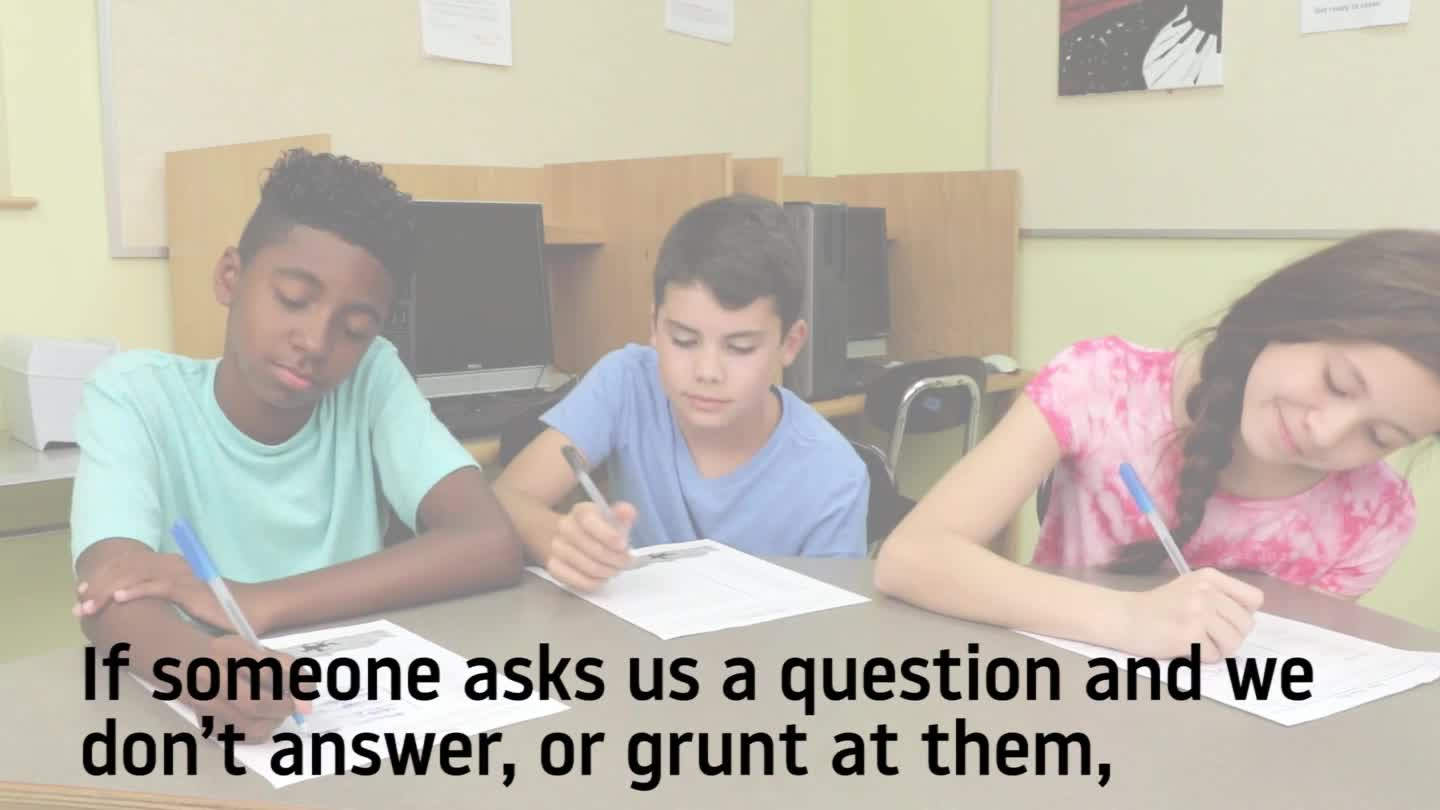Introduction
Teaching children the importance of responding to questions is a fundamental aspect of social-emotional learning. When young students understand that answering questions is not only polite but also helps build positive relationships, they develop essential communication skills. In this blog post, we will explore a no-prep activity, discussion questions, and related skills to help kindergarten students learn the value of responding to questions and the impact it can have on others.
No-Prep Activity
In this activity, the educator will guide kindergarten students through a simple role-playing scenario to demonstrate the importance of responding to questions. No preparation or materials are required.
- Divide the students into pairs.
- Assign one student in each pair to be the “asker” and the other to be the “responder.”
- Have the “asker” ask a simple question, such as “What’s your favorite color?” or “Do you like to play outside?”
- Instruct the “responder” to first ignore the question or respond with a grunt.
- Ask the “asker” how they felt when their question was not answered or received a negative response.
- Now, have the “responder” answer the question politely and appropriately.
- Ask the “asker” how they felt when their question was answered positively.
- After each pair has completed the activity, bring the class together to discuss the experience and the importance of responding to questions.
Discussion Questions
- How did it feel when your question was ignored or received a negative response? How did it make you feel when your question was answered politely?
- Why is it important to respond to questions in a polite and respectful manner?
- Can you think of a time when someone didn’t answer your question, and it made you feel sad or confused? How did you handle the situation?
- What can you do if you don’t know the answer to a question someone asks you?
- How can responding to questions help us build better relationships with our classmates and friends?
Related Skills
Beyond responding to questions, there are several other related skills that contribute to successful social-emotional learning:
- Active Listening: Paying attention to others when they speak, making eye contact, and showing interest in what they have to say.
- Empathy: Understanding and sharing the feelings of others, allowing students to connect and build stronger relationships.
- Respect: Treating others with kindness and consideration, regardless of their background or differences.
- Self-Awareness: Recognizing and understanding one’s own feelings and emotions, and how they impact interactions with others.
- Conflict Resolution: Learning how to peacefully resolve disagreements and misunderstandings with others.
Next Steps
Teaching kindergarten students the importance of responding to questions is a vital step in fostering their social-emotional development. Incorporating activities and discussions into your classroom can help students understand the impact their actions have on others and encourage them to communicate more effectively.
To access free sample materials on this skill and others, visit Everyday Speech’s Sample Materials page. By signing up, you’ll receive access to a variety of resources designed to support social-emotional learning in the classroom.






